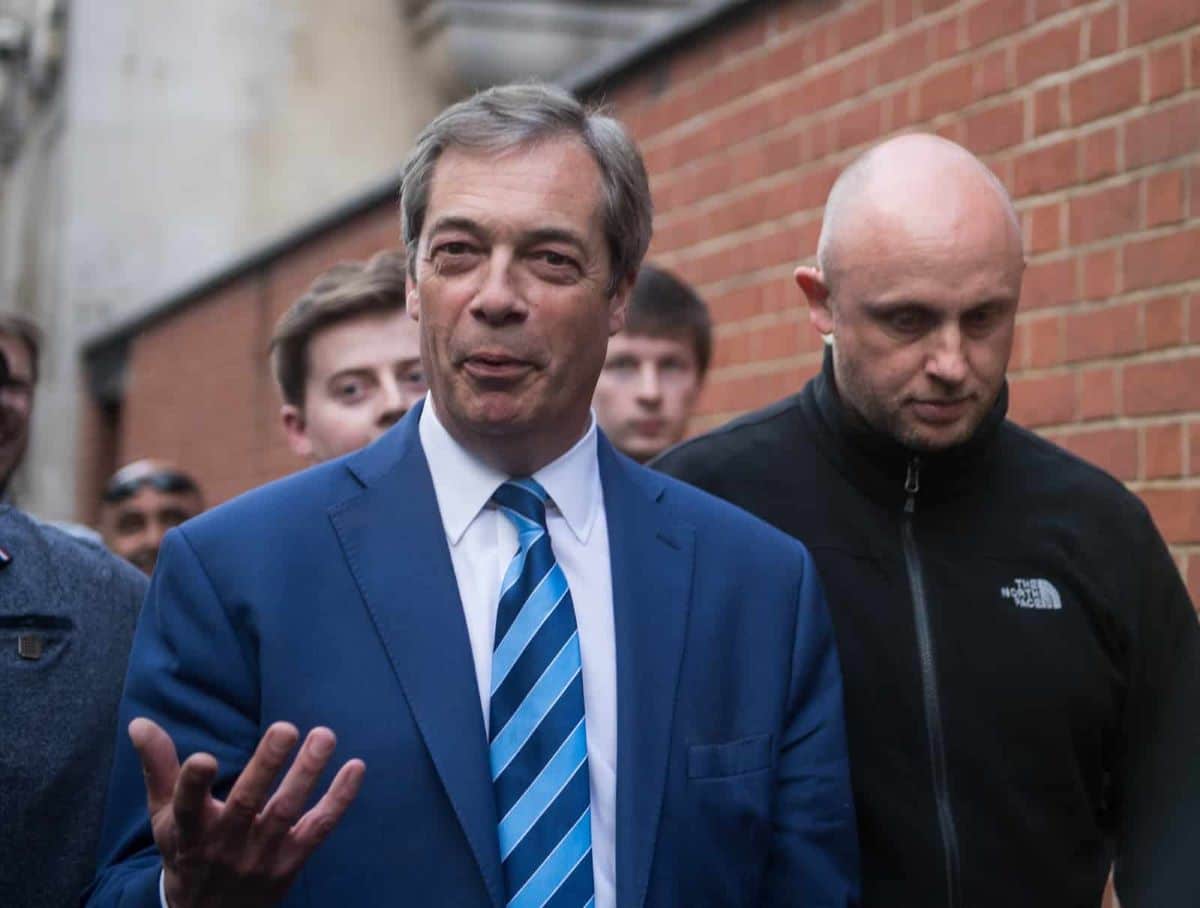Nigel Farage’s Reform UK faced numerous scandals during the general election campaign, which has raised questions about the future of far-right political aspirations in the UK and across Europe. Here’s the full story.
Far-Right Shadow
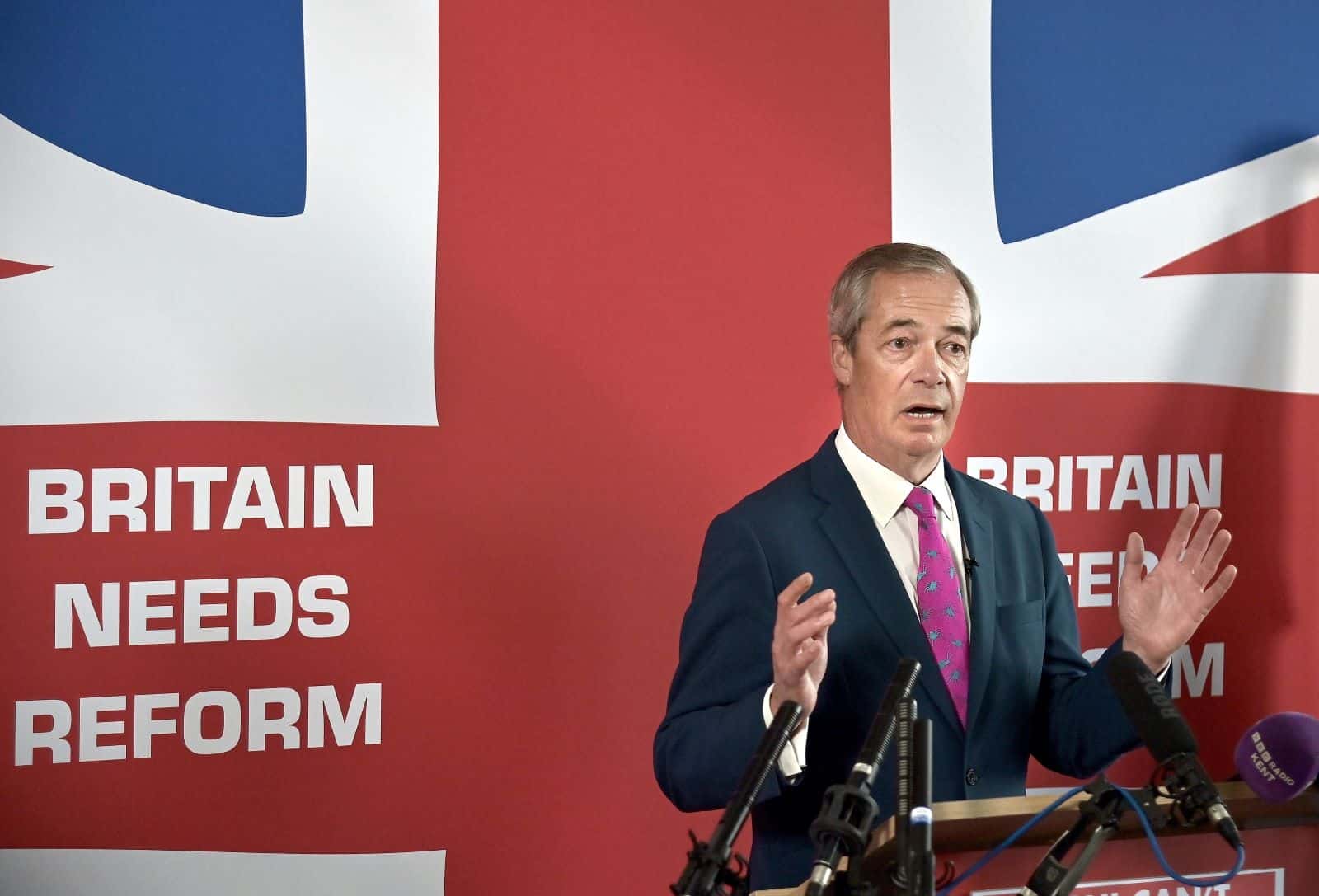
As the shadow of far-right politics falls over not only Europe but also the US, Nigel Farage, the leader of the insurgent far-right Reform UK party, which is not strictly a party but rather a business posing as a political party, has been consistently in the headlines for the way he has shaken up the UK political system.
Struggle for Acceptance
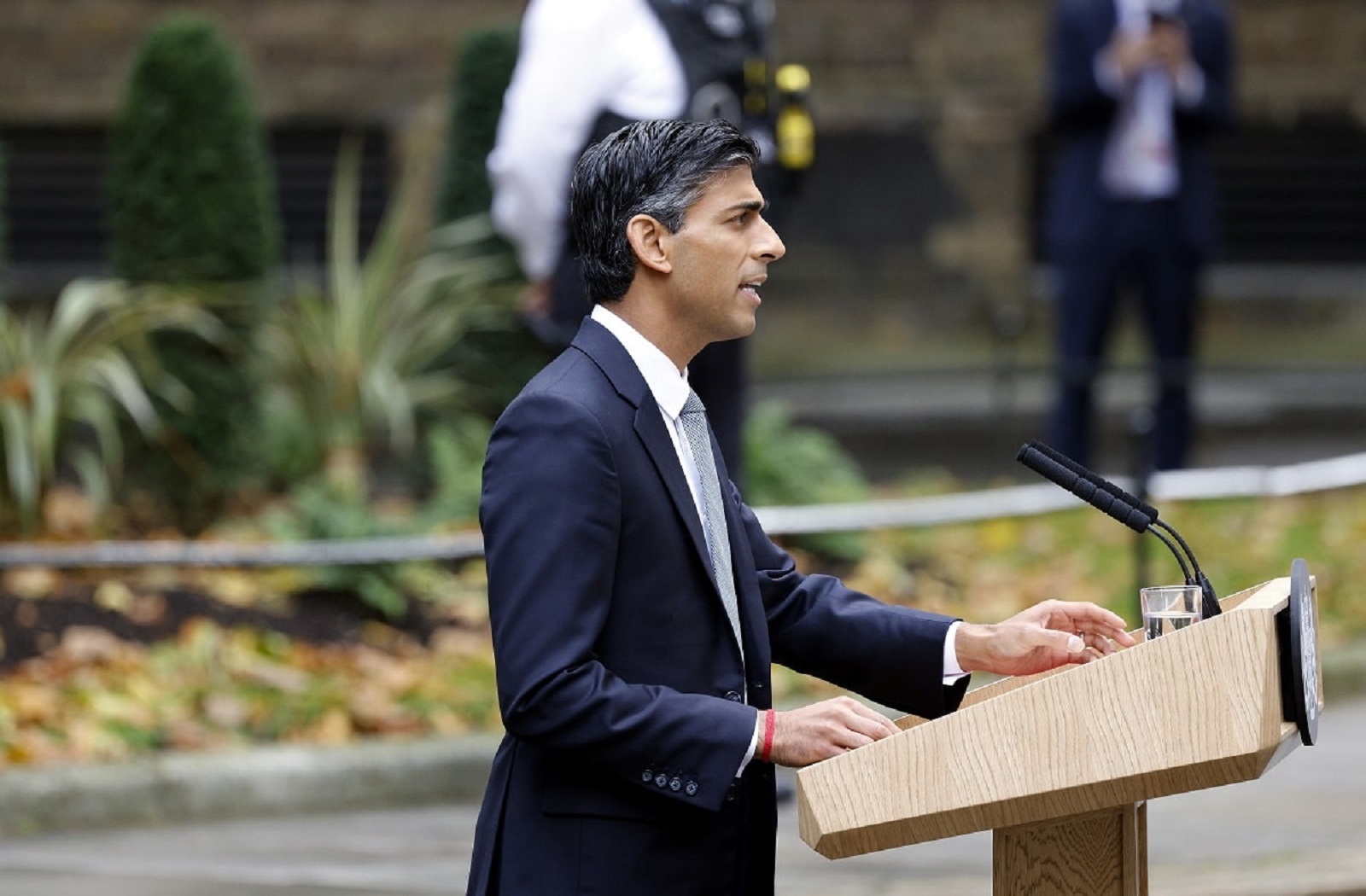
Despite his claims to want to be the next Prime Minister of the United Kingdom, Farage’s party has struggled to gain mainstream acceptance for the same reason many other far-right, anti-immigration parties have struggled to build support: for whatever reason, these parties tend to attract racists, misogynists and homophobes who hope that the cover of being simply nationalistic and anti-immigration will cover over their more unsavoury political opinions.
Plagued by Incidents

Reform UK, a business which recently underwent a hostile takeover which saw Farage abruptly coronated as leader, has been plagued by incidents involving candidates making racist, homophobic and Islamophobic comments.
Campaigner Controversy

Just last week, activists campaigning for Reform UK were filmed expressing such views in the constituency Farage aims to win. In response, Farage quickly disowned the comments made by these campaigners, but, however much he decries the remarks of his supporters, this incident was just a tiny part of a larger issue.
Withdrawn Support

The party has already withdrawn support for three candidates accused of racism, and The Spectator has identified 18 Reform candidates who have attracted controversy for various offensive statements.
Facing Challenges Again

This is not the first time Farage has faced such challenges. The United Kingdom Independence Party (UKIP), Reform UK’s predecessor, was often scrutinised for the extremist views held by some of its members.
Past Controversies
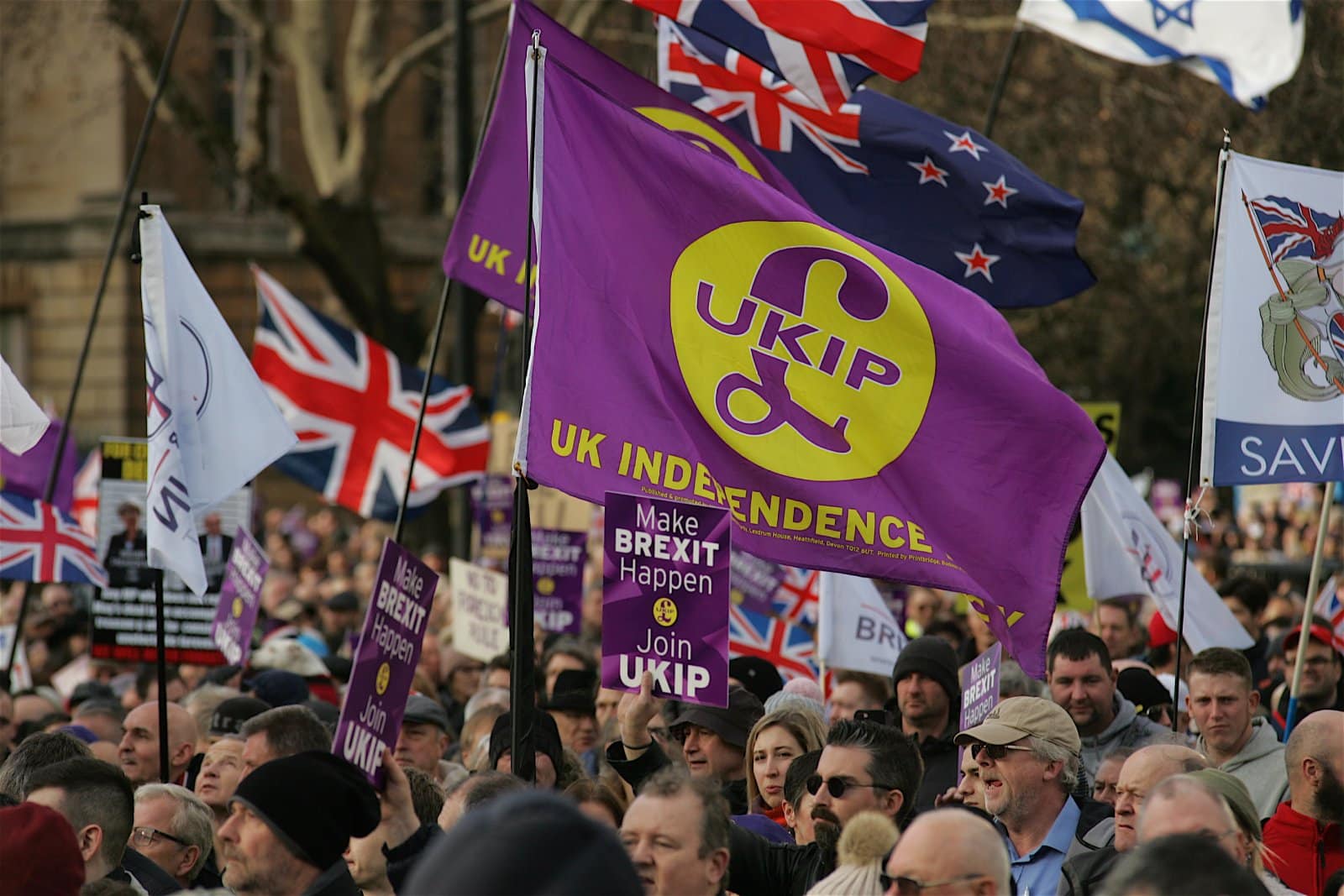
In 2015, The Times reported that UKIP had knowingly allowed racists, homophobes, and violent criminals to stand as prospective MPs and councillors, which led Farage himself to acknowledge that some activists who might have previously supported far-right parties had now found a home in his party.
A Broader Issue

The problem of extremist views within nationalist parties is not unique to the UK. France’s National Rally, led by Marine Le Pen, has faced similar issues for years. Despite efforts to “de-demonise” the party and present a more respectable image, candidates and supporters have frequently been exposed for making racist comments.
German Struggles

In Germany, the far-right Alternative for Germany (AfD) has also struggled with members expressing abhorrent views. For instance, Maximilian Krah, a prominent AfD candidate, was expelled from the party after making controversial statements about the SS, in which he implied that members of the Nazi’s Aryan warrior class were not all criminals.
Italian Embarrassment
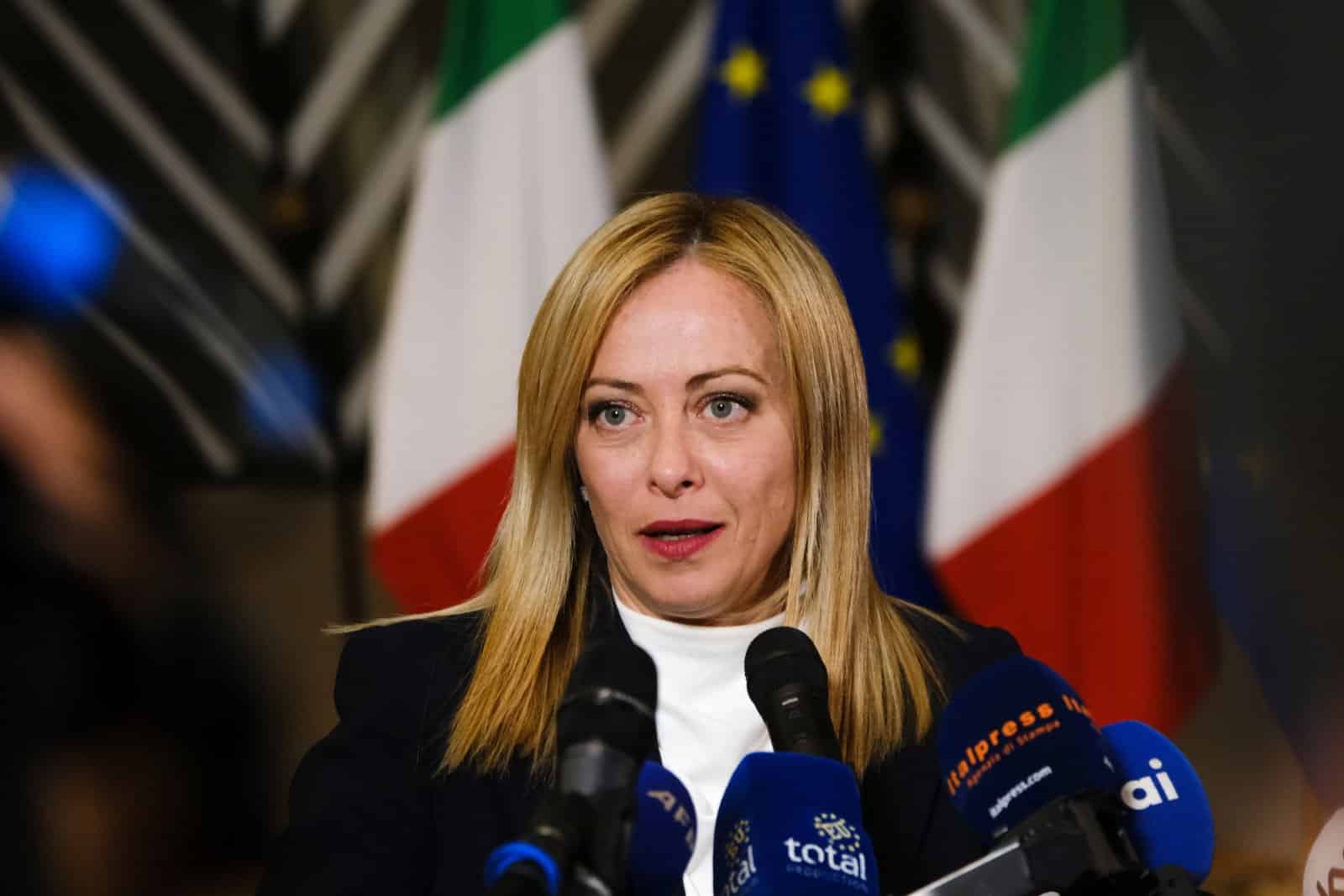
Similarly, in Italy, Prime Minister Giorgia Meloni’s Brothers of Italy party has faced embarrassment due to members expressing nostalgia for Mussolini’s era, as well as chanting in support of Italy’s fascist history.
Electoral Success

Despite these unacceptable statements, some far-right parties have seen significant electoral success. Meloni was elected Prime Minister in 2022 and has grown in popularity since then. Similarly, France’s National Rally scored a stunning success in the first round of the legislative elections.
Farage’s Future
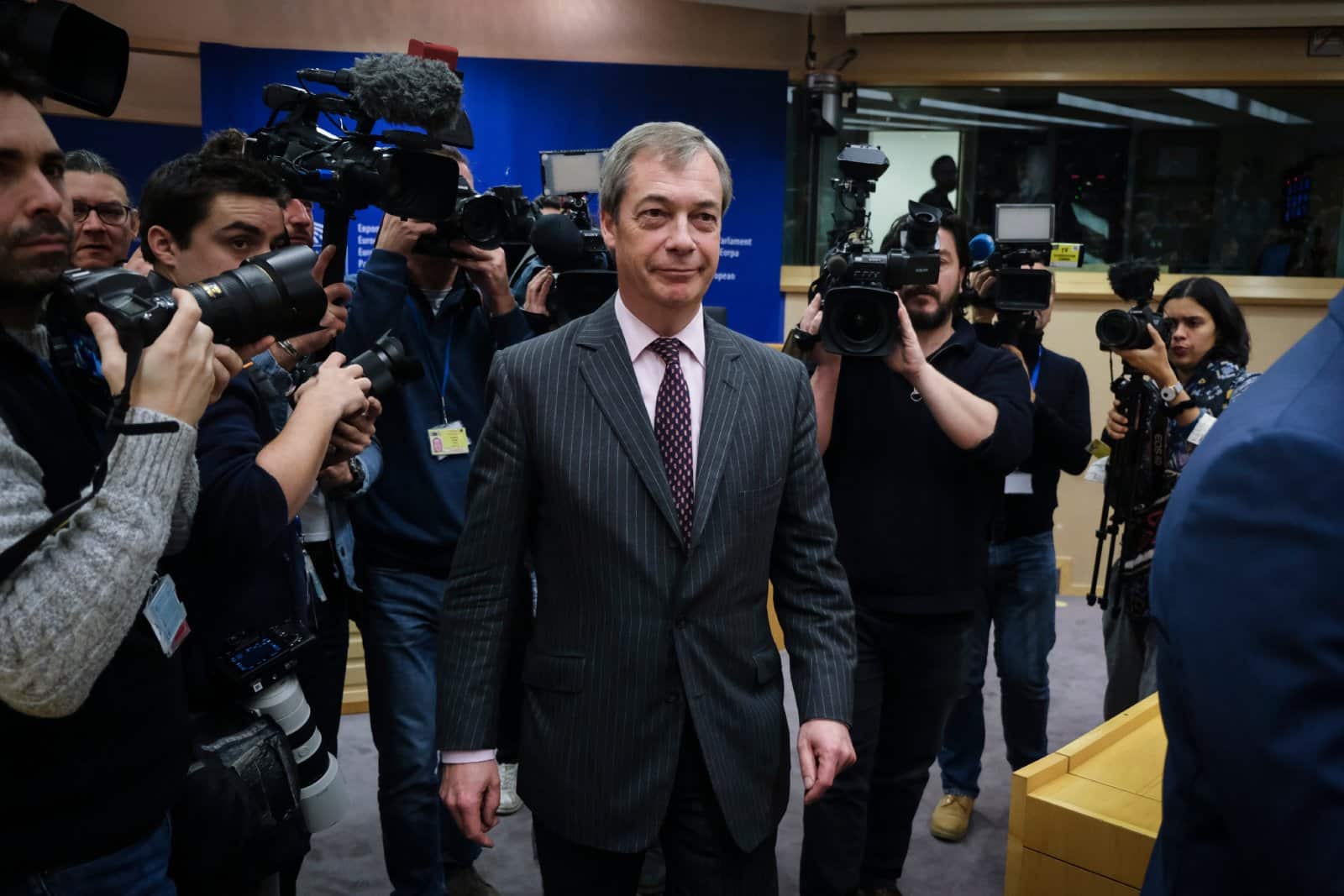
However, the long-term impact of these controversies on Farage and Reform UK’s electoral fortunes is considerably less straightforward. While some analysts claim that the party’s association with fringe candidates might lessen their appeal, others worry that this out-in-the-open dog whistle politics will attract more voters than it scares off.
Internal Racism
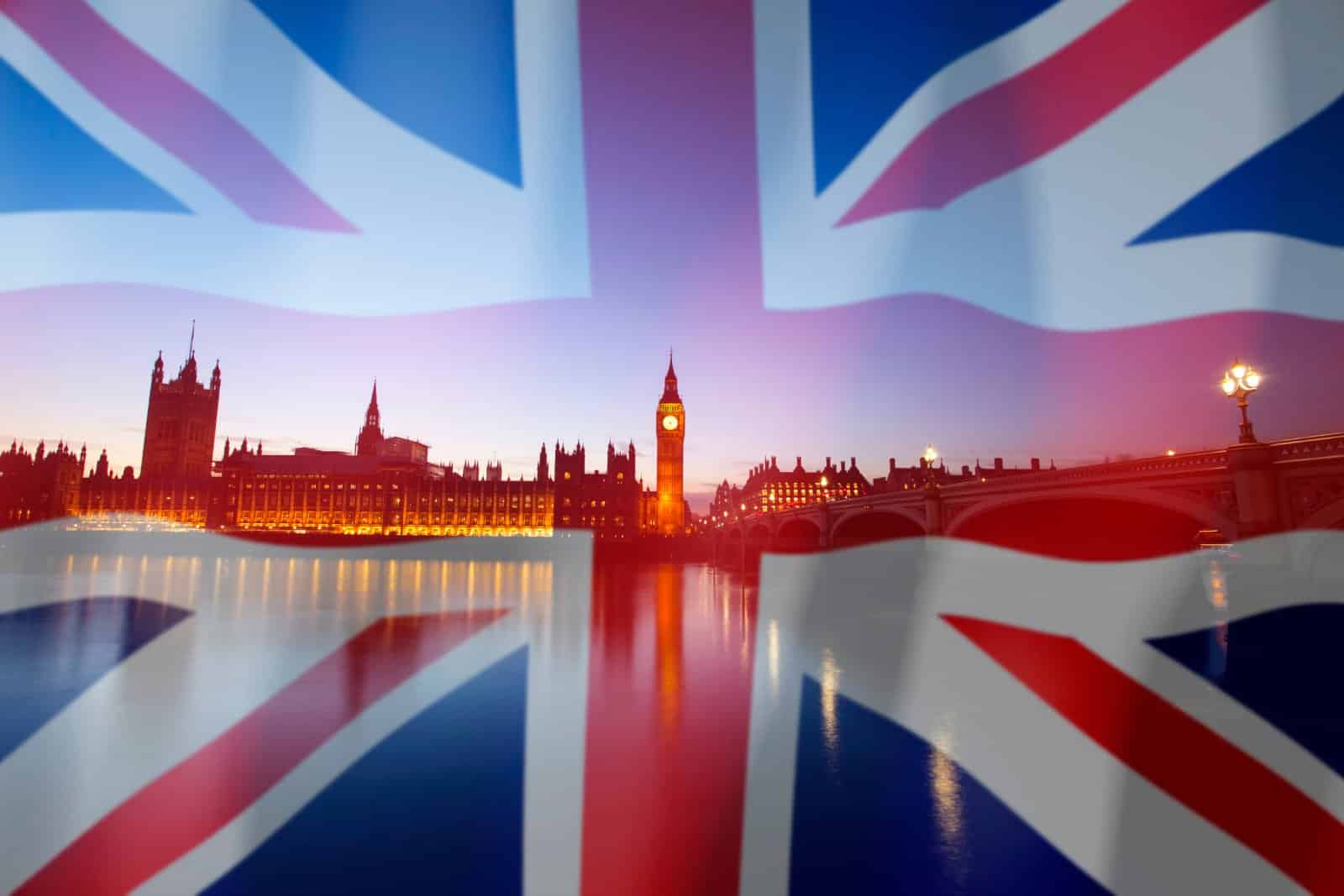
The scale of the issue of racism has reached such a level that it is affecting the political makeup of Reform UK. Several candidates who were previously standing for the party have dropped out, citing the fact that “the vast majority of candidates are indeed racist, misogynistic, and bigoted.”
Broader Challenges
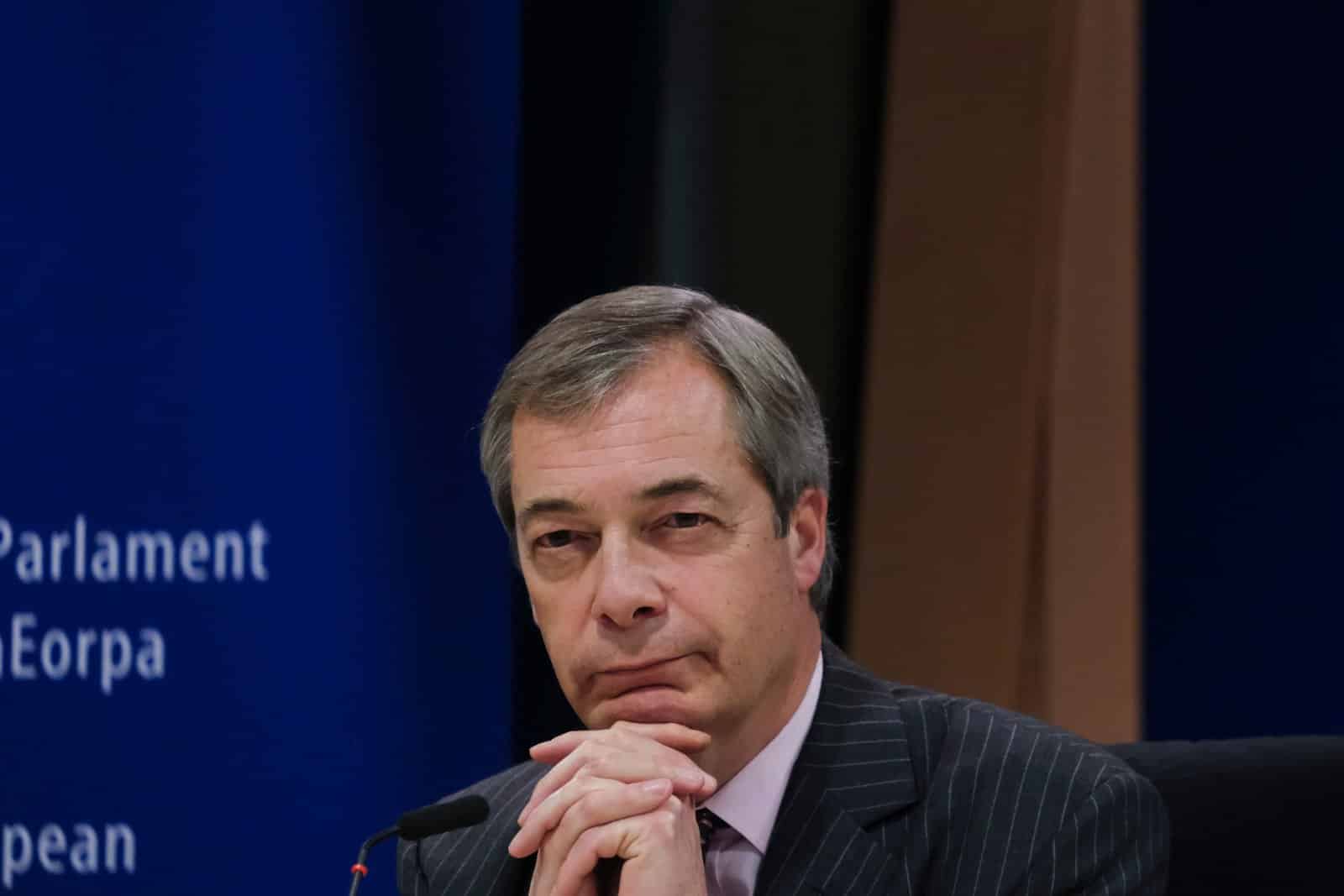
The challenges faced by Farage and Reform UK are emblematic of a broader issue within far-right and nationalist parties in Europe. While these parties strive for mainstream acceptance, they are often undermined by the extremist views held by most of their members.
Unclear Impact

While the impact of these controversies is unclear, it seems that, with increased electoral success, Farage’s party of misfits and far-right stowaways will come under ever greater scrutiny.
Scapegoating Issues
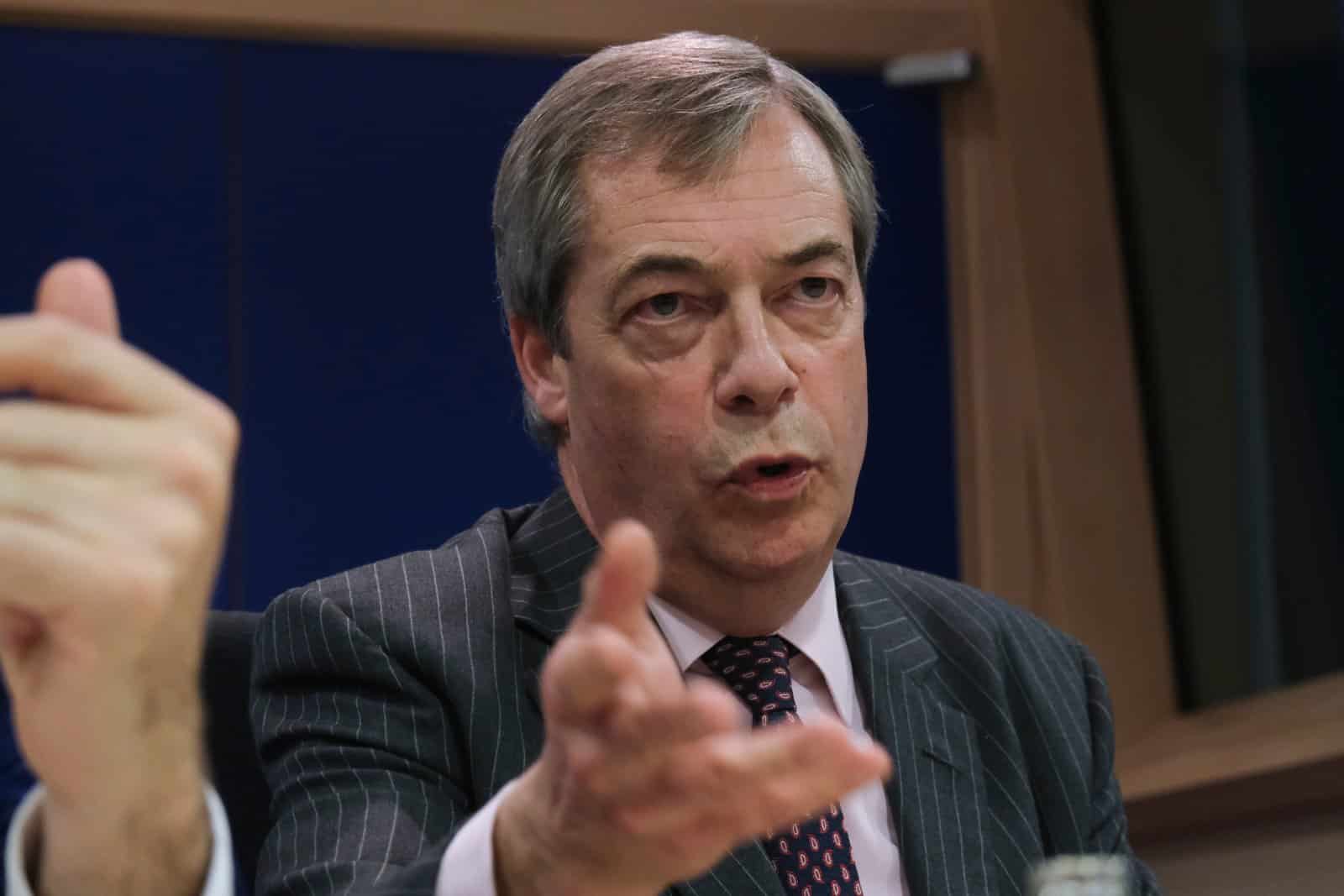
This presents a problem for Farage and others of his ilk, as it is effortless to scapegoat minorities or elites for the issues affecting a country. Still, it is considerably more challenging to find workable solutions to these problems.
Struggle for Distance
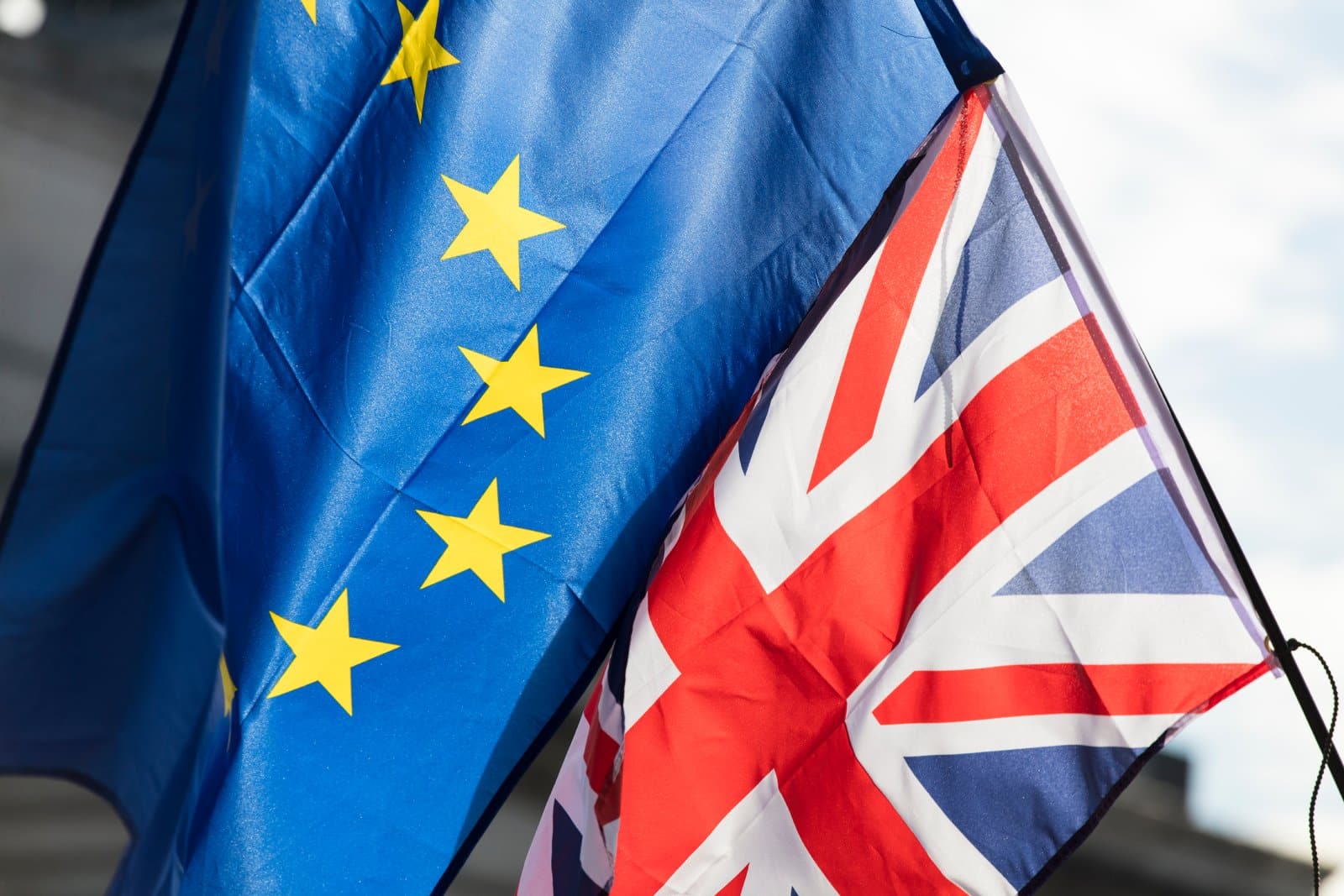
As long as the insurgent far-right parties of the UK and the EU struggle to distance themselves from their extremist elements, it remains to be seen how successful their political endeavours will be.
Featured Image Credit: Shutterstock / Michael Tubi.

